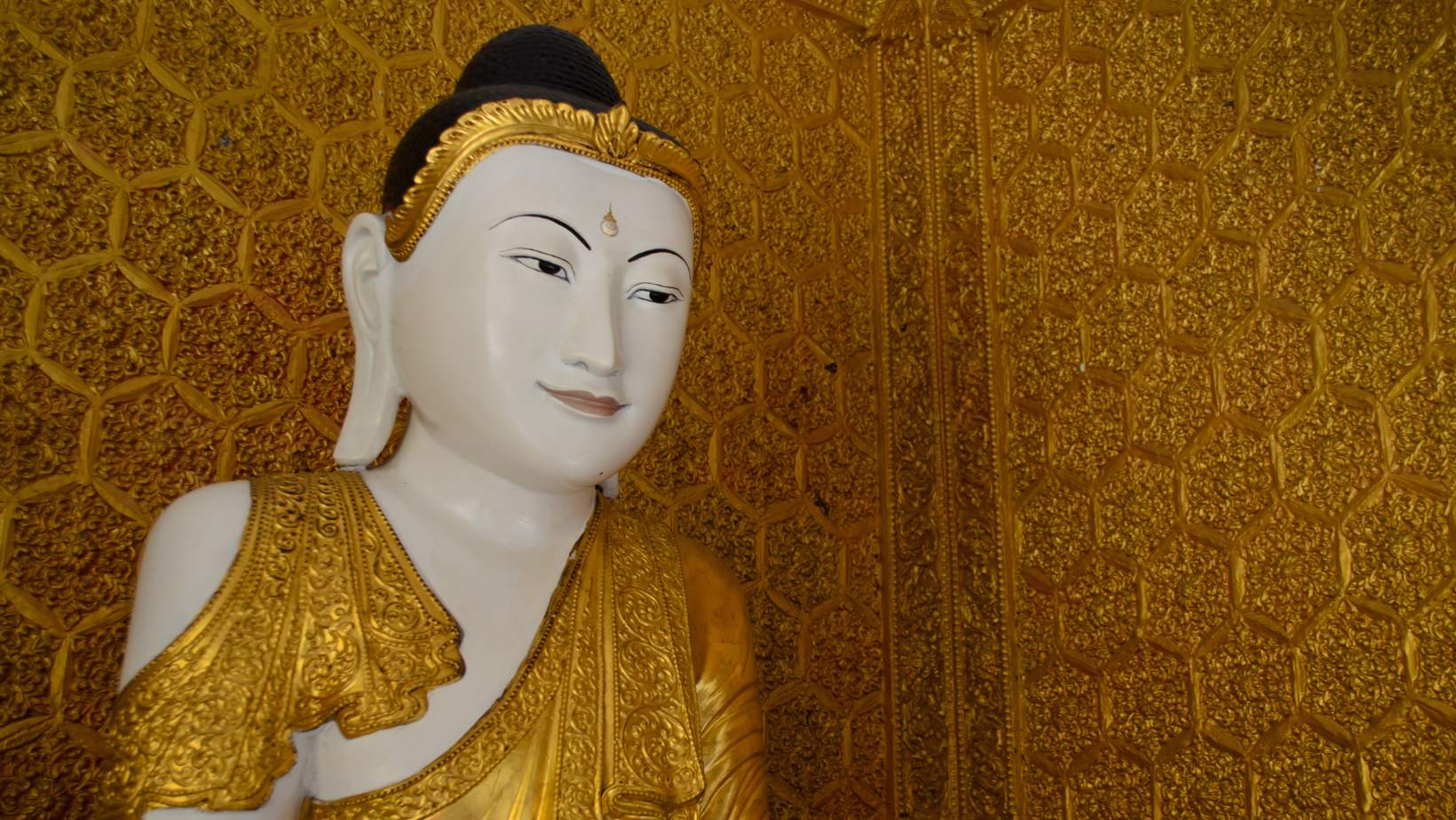On August 18, 2024, Buddhist communities around the world will observe Ullambana, also known as the “Ghost Festival.” This significant day in the Buddhist calendar falls on the 15th day of the seventh lunar month, offering a unique blend of spiritual reflection, familial devotion, and cultural tradition.
The Origins and Meaning of Ullambana
Ullambana’s roots are as diverse as the cultures that celebrate it:
- The term likely derives from Sanskrit, later translated into Chinese
- Multiple origin stories exist, varying by region
- Central to many versions is the tale of Sariputta (or Maudgalyayana in some traditions), who performs acts of charity to free his mother from a ghostly realm
While the details may differ, the core themes of filial piety, compassion, and the interconnectedness of the living and the dead remain constant across traditions.
Historical Evolution of Ullambana
The celebration of Ullambana has a rich history:
- 3rd Century B.C.: Early celebrations begin in Buddhist communities
- 6th-7th Century A.D.: The Ghost Festival emerges in China, incorporating Ullambana traditions
- 8th Century: Ullambana becomes an official event under China’s Tang Dynasty
- Modern Era: The festival evolves into a full-day event celebrated globally in Buddhist communities
The Significance of Ullambana
Ullambana holds deep meaning for practitioners:
- Honoring Ancestors: It’s believed that on this day, the gates between the realms open, allowing spirits to visit the living
- Filial Piety: The festival emphasizes respect and care for parents and ancestors
- Compassion: Acts of charity are encouraged, benefiting both the living and the deceased
- Spiritual Reflection: It’s a time to contemplate the Buddhist concepts of karma and rebirth
Celebrating Ullambana
Observances can vary, but common practices include:
1. Honoring Parents and Ancestors
Spend quality time with parents or perform rituals to honor deceased ancestors.
2. Home Decoration
Decorate homes and streets with lanterns to guide spirits.
3. Charitable Acts
Offer food to the needy, as it’s believed the merit of these actions benefits departed souls.
4. Temple Visits
Many Buddhists visit temples to make offerings and participate in ceremonies.
5. Preparing Offerings
Set out food, incense, and other offerings for visiting spirits.
Fascinating Ullambana Facts
- In some traditions, it’s believed the gates of the underworld open on this day
- The festival can last up to 14 days in some regions
- In China, Ullambana blends with Taoist traditions
- Some people report supernatural experiences during the festival
- The most generous households are believed to receive good fortune in the coming year
Ullambana in the Modern World
While deeply rooted in tradition, Ullambana continues to evolve and adapt to contemporary life. In many Asian countries, it has become a significant cultural event, even for non-Buddhists. The festival’s emphasis on family, charity, and reflection resonates with many, regardless of religious affiliation.
For those interested in experiencing Ullambana, cities in China, Japan, and other Asian countries often host large-scale celebrations. However, the spirit of the day can be honored anywhere through acts of kindness, family gatherings, and mindful reflection.
Conclusion
Ullambana offers a unique window into Buddhist spirituality and Asian cultural traditions. It reminds us of the importance of honoring our roots, showing compassion to others, and reflecting on the interconnectedness of all beings. Whether you’re a practicing Buddhist or simply curious about diverse cultural observances, Ullambana provides an opportunity for meaningful reflection and connection.
As August 18, 2024 approaches, consider how you might incorporate the spirit of Ullambana into your life. Whether through a small act of charity, a moment of remembrance for departed loved ones, or simply a thoughtful conversation about life and death, we can all find value in the deep traditions this day represents.
